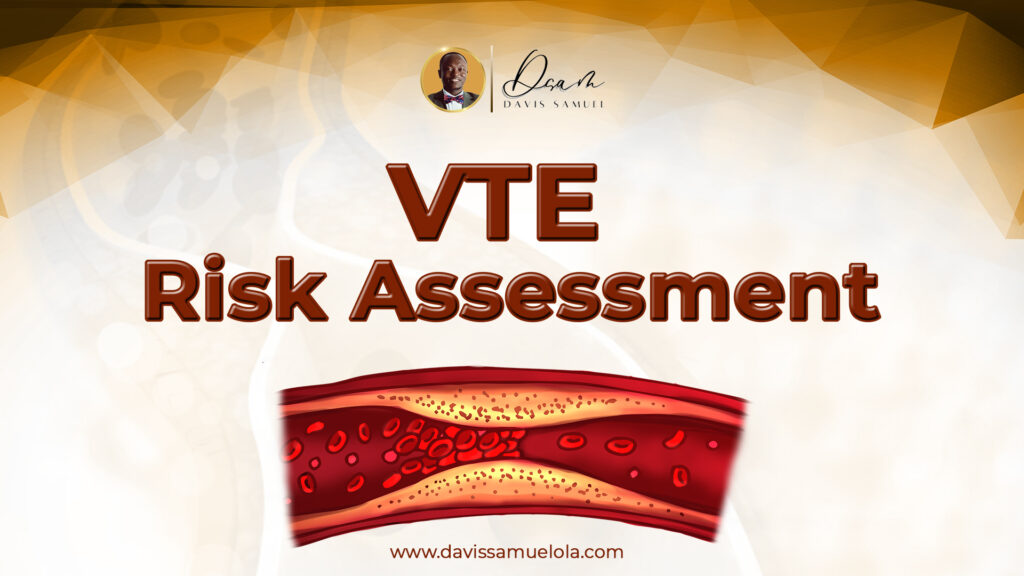One of the leading causes of death worldwide is thromboembolism – a condition where clots form within blood vessels and travel to vital organs like the lungs, heart, or brain, cutting off blood supply.
This risk is especially high in patients who are immobile, since blood in the veins becomes stagnant compared to that of an active person. This is why, according to WHO guidelines, every adult admitted to a hospital undergoes a VTE risk assessment, so doctors can prescribe medications or devices that prevent clot formation.
If there’s one lesson I’ve taken away, it is that immobility is dangerous.
And this principle applies beyond medicine:
- To the secular mind, it reminds us that stagnation, whether physical, intellectual, or professional, often breeds decline. Growth demands movement.
- To the spiritual man, it speaks of the need to stay active in faith, prayer, and service. A stagnant spiritual life can leave the soul vulnerable to unseen dangers.
Life, in every dimension, calls for movement and progress.
“The soul of the sluggard desireth, and hath nothing: but the soul of the diligent shall be made fat.” Proverbs 13:4 (KJV)
Practice and work hard on these things; be absorbed in them [completely occupied in your ministry], so that your progress will be evident to all.” 1 Timothy 4:15 (AMP)
Question for you: Where in your life do you need to break out of stillness and take the next step forward?
FOLLOW US ON:






1 thought on “VTE Risk Assessment”
The earth is always moving. Everyone in it should do too.